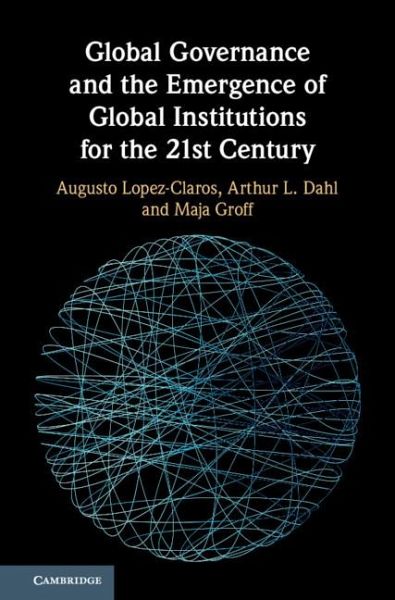
Global Governance and the Emergence of Global Institutions for the 21st Century
Versandkostenfrei!
Versandfertig in 1-2 Wochen
46,99 €
inkl. MwSt.

PAYBACK Punkte
23 °P sammeln!
All those who despair at the state of the world and its multiple problems will find in this book ambitious but reasonable proposals that will give our globalized world the institutions of international governance necessary to resolve pressing problems including peace, security, and climate change. This title is also available as Open Access.














